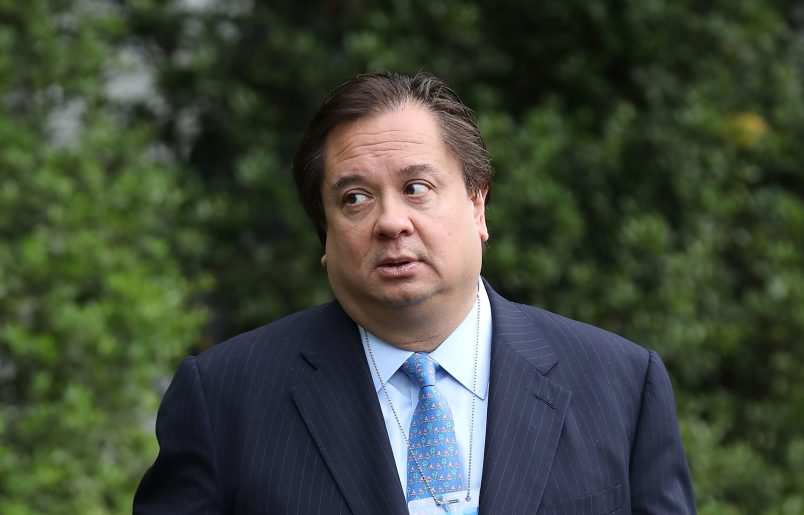The most vocal anti-Trump critics aren’t just hollering online and over the airwaves anymore.
According to an Associated Press report Tuesday, some of the most prominent and vocal Trump critics have banded together to form a super PAC aimed at taking on the President’s reelection and the congressional Republicans they view as his “enablers.”
The newly launched super PAC is called the Lincoln Project.
Organizers told the AP that fundraising commitments are currently exceeding $1 million, but that the super PAC aims to raise and spend more in advertising especially in a number of 2020 battleground states.
The super PAC, whose mission is to “Defeat President Trump and Trumpism at the ballot box,” is led by a seven people known as some of the most prominent Trump critics, which include former John McCain adviser Steve Schmidt; former Ohio Gov. John Kasich adviser John Weaver; former New Hampshire GOP chair Jennifer Horn; veteran Republican operative Rick Wilson; and George Conway — the conservative attorney who is married to White House counselor Kellyanne Conway and has gained a reputation for being outspoken about his Trump opposition on Twitter.
Conway told the AP that he has pushed for the new super PAC to bring Anonymous, an unnamed Trump administration official whose recently released book advised against the President’s reelection, on board. However, the AP reports that the rest of the group defied Conway’s suggestion.
And it’s not just Trump’s reelection that the super PAC is concerned with — it’s also focused on defeating Trump-aligned Senate candidates, according to the AP.
Conway told the AP that he hopes to serve in a “cheerleader capacity” for the new super PAC given how he’s “not a fundraiser or political consultant.”
“I’m not a fundraiser or political consultant, but if I could help in that way and learn how to do that — even to raise a nickel or two — I’ll do it because it’s important,” Conway told the AP. “For this, I think I can make an exception.”
Read the Associated Press’ report here.
Correction: This post originally incorrectly referred to Trump-aligned Senate candidates as “disaffected Republicans and Republican-leaning independents.”



